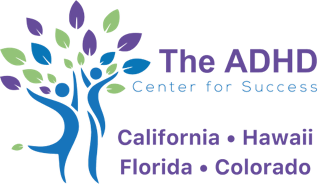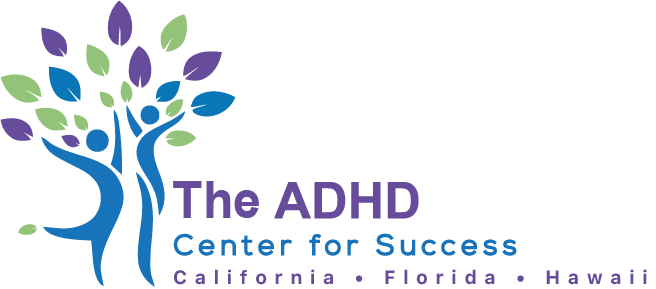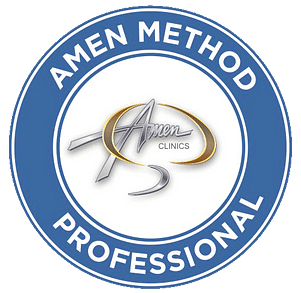Deciding if one’s child would benefit from ADHD medication is often challenging for parents.
“Is my ADHD child reaching their full potential at school, at home, and with friends?” Parents often find that medication helps with this question.
Medication doesn’t cure ADHD but does allow the child, adolescent, or adult to better function and manage their ADHD and to improve their overall functioning in school, at home, at work, and in the community. Combining treatments (academic, behavioral, psychotherapeutic) with medicine is useful in helping the person with ADHD and their loved ones learn ways to manage and modify the behaviors that cause problems at home and at school.
When prescribed properly ADHD medications do help to improve focus and concentration and reduce hyperactivity and impulsivity. They do not change a child’s personality.
Finding the right medication can take time requiring close collaboration between the doctor, the family, and the therapists.
While some ADHD children may no longer require treatment as they enter late adolescence many may have persistence of symptoms into adulthood. ADHD symptoms change over time, with less hyperactive behavior in teens and young adults. Inattention and impulsivity can persist into adulthood and can have a negative impact on academic functioning, work performance, and interpersonal relationships.
Properly treated teens and adults with ADHD often notice that they can concentrate more in class or at work and might be less bored or restless. If ongoing medication is needed, it is important to have a good working relationship with a psychiatrist or health-care provider who has expertise in treatment of ADHD.
Following your evaluation, should medication be a recommended part of your treatment, you may request a list of Psychiatrists in the community who have experience treating individuals with ADHD.





